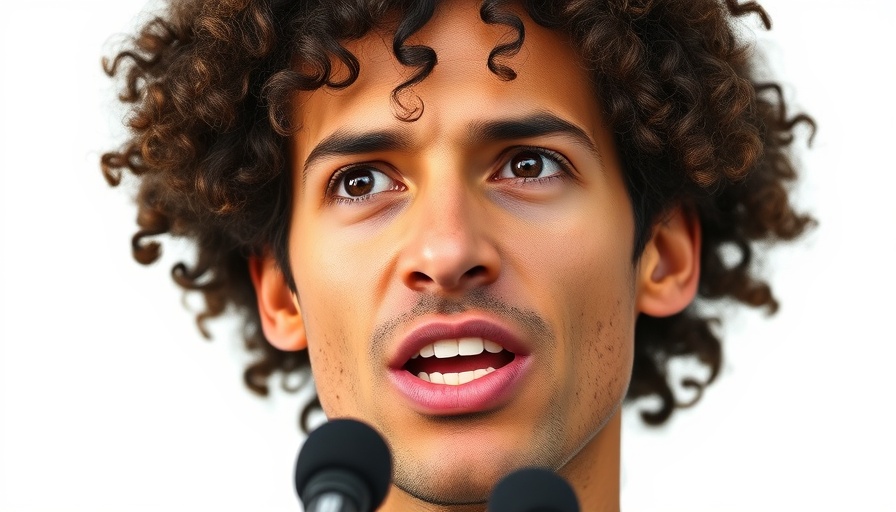
Law Professors Unite to Challenge Meta's AI Practices
A group of law professors specializing in copyright has thrown their support behind authors who are suing Meta Platforms, Inc. for allegedly using e-books to train its Llama AI models without permission. This case, Kadrey v. Meta, is gaining traction in the U.S. District Court for the Northern District of California, where influential voices are raising concerns about the implications of AI training on intellectual property rights.
Supporting Authors in Their Fight
The professors' amicus brief criticizes Meta's argument for fair use, labeling its request for greater legal privileges outrageous and unprecedented. They argue that using copyrighted material to train AI models does not meet the “transformative” standard established in previous court decisions. According to their perspective, training AI on e-books mimics how human authors have historically used similar materials for educational purposes, thereby undermining the copyright owners' rights.
The Complications of AI and Copyright
The legal battle goes beyond just this case, as courts are currently seeing a multitude of AI copyright suits, including a notable case involving The New York Times against OpenAI. This signifies that the clash between AI technology and copyright law is not a singular event but rather a developing narrative across the tech industry.
Implications for Content Creators and the Tech Industry
Authors, such as Richard Kadrey, Sarah Silverman, and Ta-Nehisi Coates, allege that Meta has not only infringed on their intellectual property rights but also removed critical copyright information from their e-books, further complicating already fuzzy lines of authorship and ownership in the digital age. If the authors win, it could redefine how tech companies engage with copyrighted content.
Meta's Defense and Wider Context
In its defense, Meta has claimed that their training methods qualify as fair use and has attempted to have parts of the case dismissed on legal technicalities. However, U.S. District Judge Vince Chhabria recently ruled that the infringement claims hold serious weight as they showcase a genuine injury, letting the case progress.
Global Tech and Copyright News: A Growing Movement
This case resonates deeply within the global landscape of tech and copyright law. It reflects growing tensions as technology evolves faster than legal frameworks can keep up, prompting discussions about roles, rights, and the future of creative work in the age of artificial intelligence. As such, it is crucial for lawmakers and digital creators to engage in these conversations about how copyright protects both the traditional and the innovative aspects of content production.
The Future of Copyright in the Digital Age
The convergence of storytelling and technology places us at a pivotal moment. As AI continues to develop and embed itself in creative processes, understanding its implications on copyright becomes paramount for authors, developers, and policymakers alike. Will authors emerge with firmer protections on their works, or will technological advancements continue to challenge the very essence of content ownership?
Moving Forward: What Can Readers Do?
For those interested in the intersection of technology and copyright, staying informed about the progress of this case and similar legislation is critical. Engaging in conversations surrounding these issues, advocating for artists' rights, and supporting platforms that prioritize creators' rights can play an essential role in shaping a balanced future.
This legal battle not only challenges the existing paradigms of copyright but also represents a fundamental debate about creativity, technology, and who owns the fruits of their labor in a world increasingly influenced by artificial intelligence.
 Add Row
Add Row  Add
Add 



Write A Comment